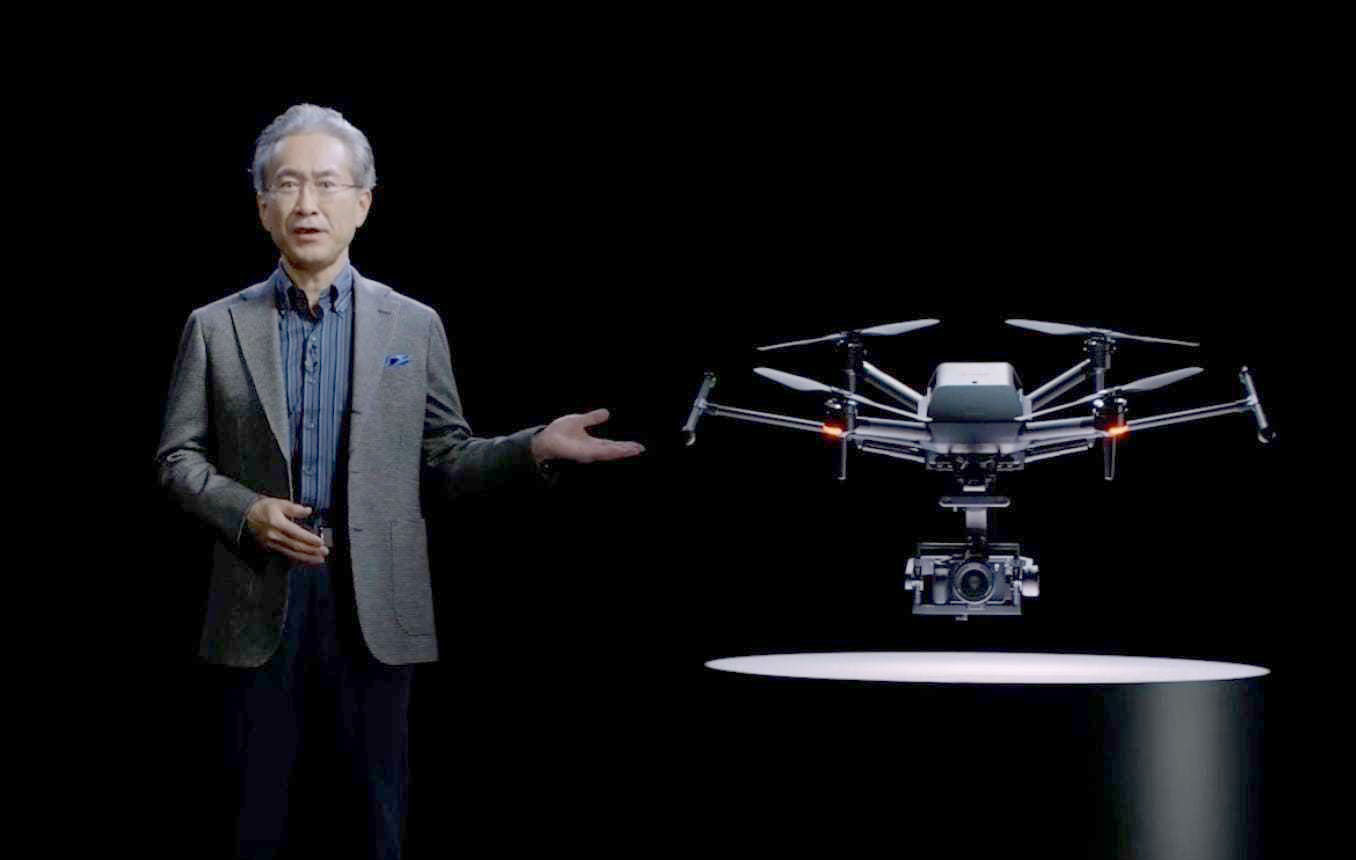
Source: Sony's Airpeak demonstration at CES 2021 | © JAPAN Forward
Cutting-Edge Pandemic Products, Technologies Hit CES Electronics Show 2021
- Tags:
- Consumer Electronics Show / pandemic / Technology
Related Article
-
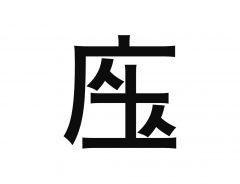
The winner of 2020’s Original Kanji Contest brilliantly conveys life during a pandemic
-
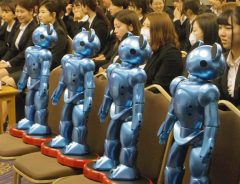
With Help from Robots, Nursery Teachers Have More Time to Focus on Children
-
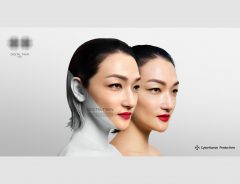
Japan’s CyberHuman Productions scans celebrities to create working digital twins
-

These modern-day cats are busy adjusting their lives to the pandemic
-
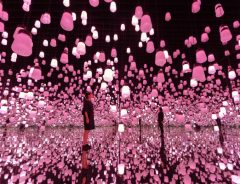
teamLab’s Digital Art Wonderland ‘Borderless’ Gets Ephemeral Cherry Blossom Makeover for Spring
-
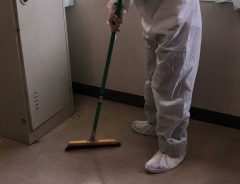
Kid Dressed Like This on First Day Back to School During Pandemic


The Sankei Shimbun, in JAPAN Forward
Notable for the participation of many Japanese startups, the world’s largest consumer electronics show this year featured products and technologies embracing the new normal.
The world’s largest consumer electronics show, CES, was held from January 11 to 14 PST.
CES is held annually in Las Vegas, but it took off virtually for the first time this year due to the coronavirus pandemic. Industry leaders such as Sony hit the ground running from the first day, revealing new products and latest technologies and exhibitions embracing the new normal were most prominent.
An unexpected upside of the pandemic has been that the all-digital event lowered the bar for Japanese startups to enter the show.
Sony unveiled Airpeak, a small unmanned drone for aerial photography, at an online rollout event. Equipped with a mirrorless interchangeable-lens camera, it can capture powerful images using stable flight performance.
President Kenichiro Yoshida expressed his determination to pioneer new technical fields: “We will transform the sky into a place of endless creativity.” Airpeak will be sold to video producers from this spring.
Panasonic showcased products and technologies designed to prevent the spread of COVID-19. Among them were their smart lockers, which allow you to receive food deliveries ordered using an app without coming into contact with other people, and their air purifying technology Nanoe for air conditioners, which they proposed installing inside aircraft.
On January 11, they announced their plans to develop a lithium-ion battery that does not use the rare, expensive metal cobalt, in collaboration with the battery recycling venture Redwood Materials.
South Korea’s LG Electronics and China’s TCL Group released videos of rollable, size-changing smartphone screens that can expand from 6.7 inches to 7.8 inches, while South Korea’s Samsung Electronics showed off their automatic vacuum cleaner equipped with artificial intelligence (AI).
Written by Japan ForwardThe continuation of this article can be read on the "Japan Forward" site.
Cutting-Edge Pandemic Products, Technologies Hit CES Electronics Show 2021